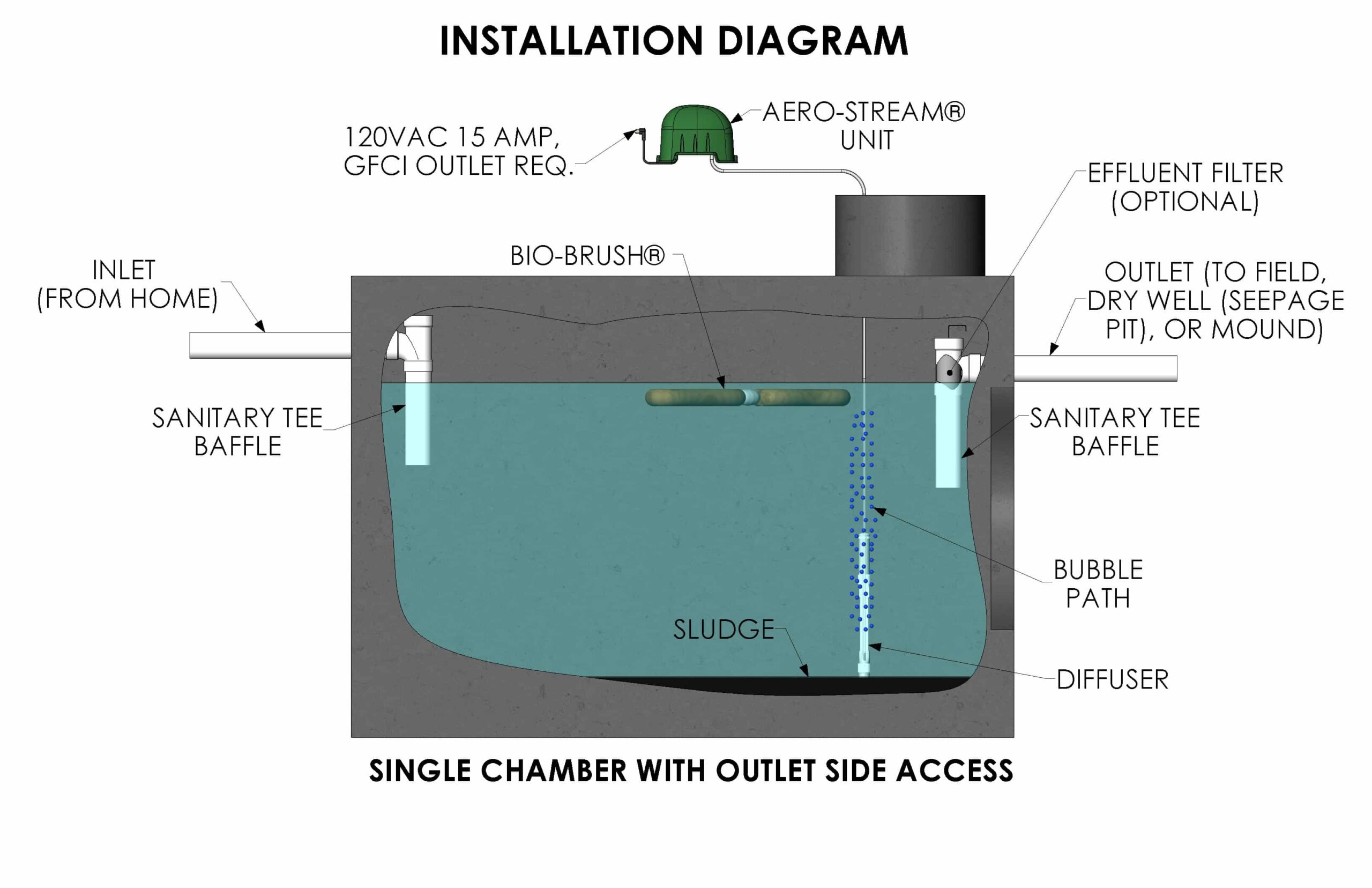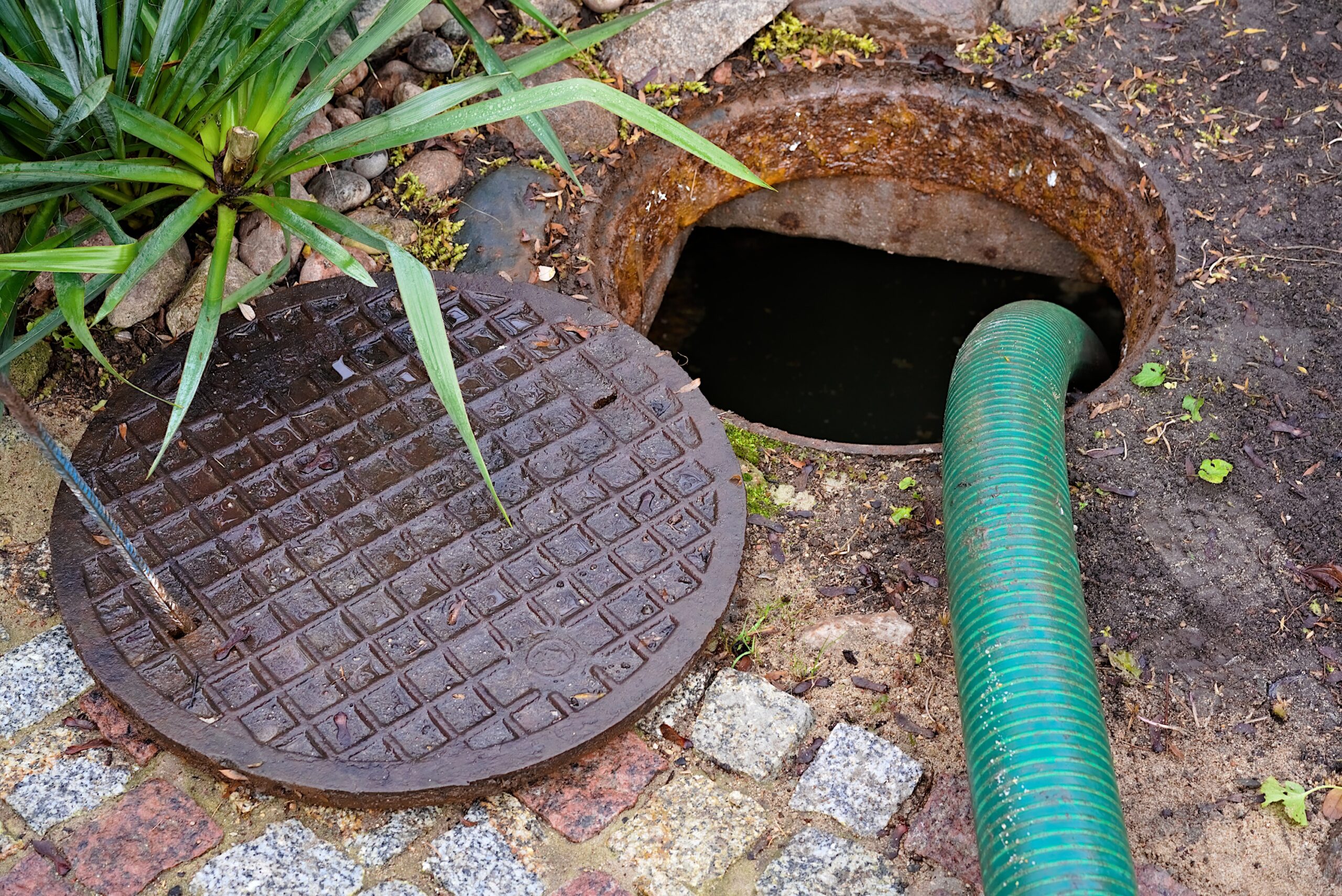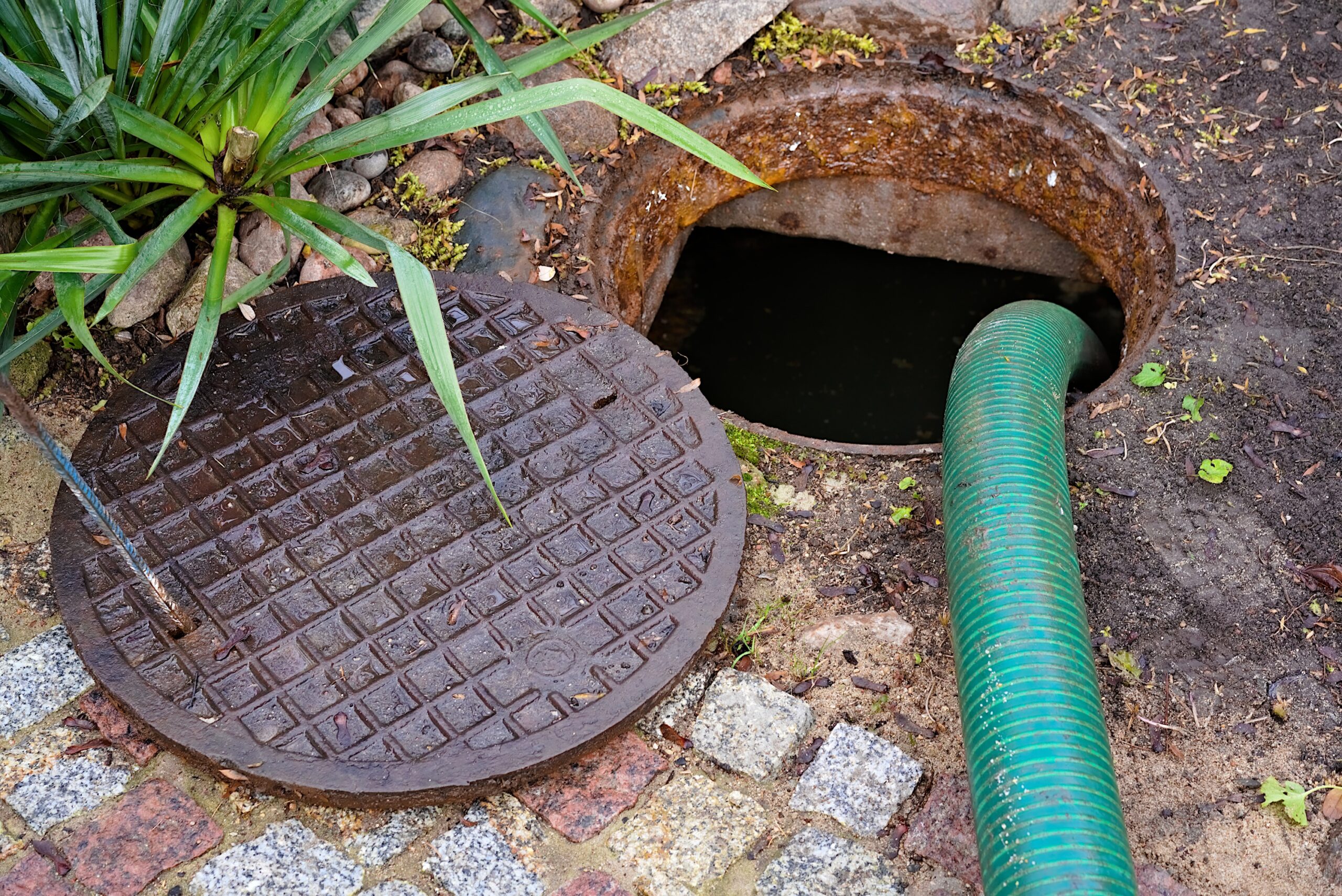If a septic system is to remain effective, it is imperative that the septic tank perform these two functions:
- Allow solids to settle at the bottom of the tank
- Provide time and a safe environment for bacteria to break down some of the waste
A septic system owner must take action and monitor their use of the system to ensure the septic tank performs these functions. One of the more subtle ways to do this is to eliminate the use of anti-bacterial soaps!
Background Information
In recent years there have been many health scares related to the flu and other sicknesses. Public health departments and news media outlets have been emphasizing preventative measures people can take to prevent sickness. Since many diseases and sickness are transferred from person to person via the hands, one of these preventative measures is frequent hand washing.
Not willing to miss a marketing opportunity, many companies that manufacture hand cleansing chemicals and soaps saw an opportunity to develop a competitive edge by developing anti-bacterial products. According to the FDA, the chief anti-bacterial additive in these products is triclosan. This is a compound that the FDA is still studying to determine if there are any long term affects on humans or the environment. One area of concern for the FDA (and it should be a concern for the rest of us), is if this compound will accelerate or promote the development of “superbugs”. This FDA webpage contains information related to triclosan and the FDA’s plans to study its effects: www.fda.gov/ForConsumers/ConsumerUpdates/ucm205999.htm.
The Effect Anti-Bacterial Soaps Have on the Septic Tank
When used, anti-bacterial soaps are passed directly into the septic tank where they continue to kill bacteria. This is very bad for both aerobic and anaerobic septic tanks. Since septic tanks have a finite time limit available for bacteria to break down organic solids, any reduction in the number of bacteria means more solids settle at the bottom of the tank and, potentially, enter the drainfield.
The best case resulting scenario is that the septic tank needs to be pumped more frequently than normal – a mildly costly event. The worst case, however, is a clogged drainfield – a very costly event.
What Is The Answer?
The FDA has not determined if there is any benefit to using anti-bacterial soaps (see link above). Furthermore, the Center for Disease Control has an excellent page on the basics of hand washing (see the CDC page at: www.cdc.gov/Features/HandWashing/) that does not reference anti-bacterial soaps at all! It appears that soap, warm water and the correct washing procedure are all anyone needs to thoroughly cleanse their hands.
The real cause of sickness and disease transfer via the human hand is (as incredible as this sounds) due to a lack of hand washing, in general. There is overwhelming evidence that many people still do not wash their hands after using the bathroom and even higher percentages don’t wash their hands after sneezing into them! (To get an idea on the actual percentages studies have documented, google the phrase “hand washing statistics” and start getting grossed out).
In closing, maintain your health and your septic tank’s health by implementing the CDC’s hand washing procedure and eliminating the use of anti-bacterial soaps.











